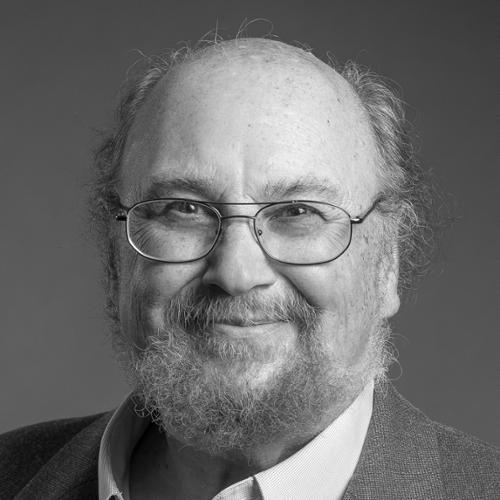In today’s New York Times David Leonhardt has a pretty amazing article. He tells us that “polls suggest that Mitt Romney will win a landslide among the over-65 crowd and that President Obama will do likewise among those under 40.” He links to the Gallup Poll for this evidence. ( I generally don’t follow polls; I get my political forecasts from Intrade).
Without drawing any conclusions, the articled itself explains why this is amazing. First, under this administration, as Leonhardt indicates “the young are generally losing out to the old.” With respect to Federal spending (where President Obama clearly favors more and Governor Romney less) “more than 50 percent of federal benefits flow to the 13 percent of the population over 65”, largely through Social Security and Medicare. Thus, the polling results are not driven by economics; they seem entirely driven by social issues such as gay marriage and immigration (which is of course actually an economic issue.) Mankiw cites Niall Ferguson on the way in which the current generation is living at the expense of the young.
Many years ago James Kau and I wrote s series of articles showing that ideology was a major determinant of voting. (We actually measured ideology of Congress, rather than of individual voters.) If one believes as I do that Romney’s policies will lead to more robust long term growth than Obama’s policies,then the Gallup results are a strong demonstration of the power of ideology over self interest. But social policies can be changed; lost output cannot be recovered, and a lower growth rate will haunt current younger voters through their entire lives.




